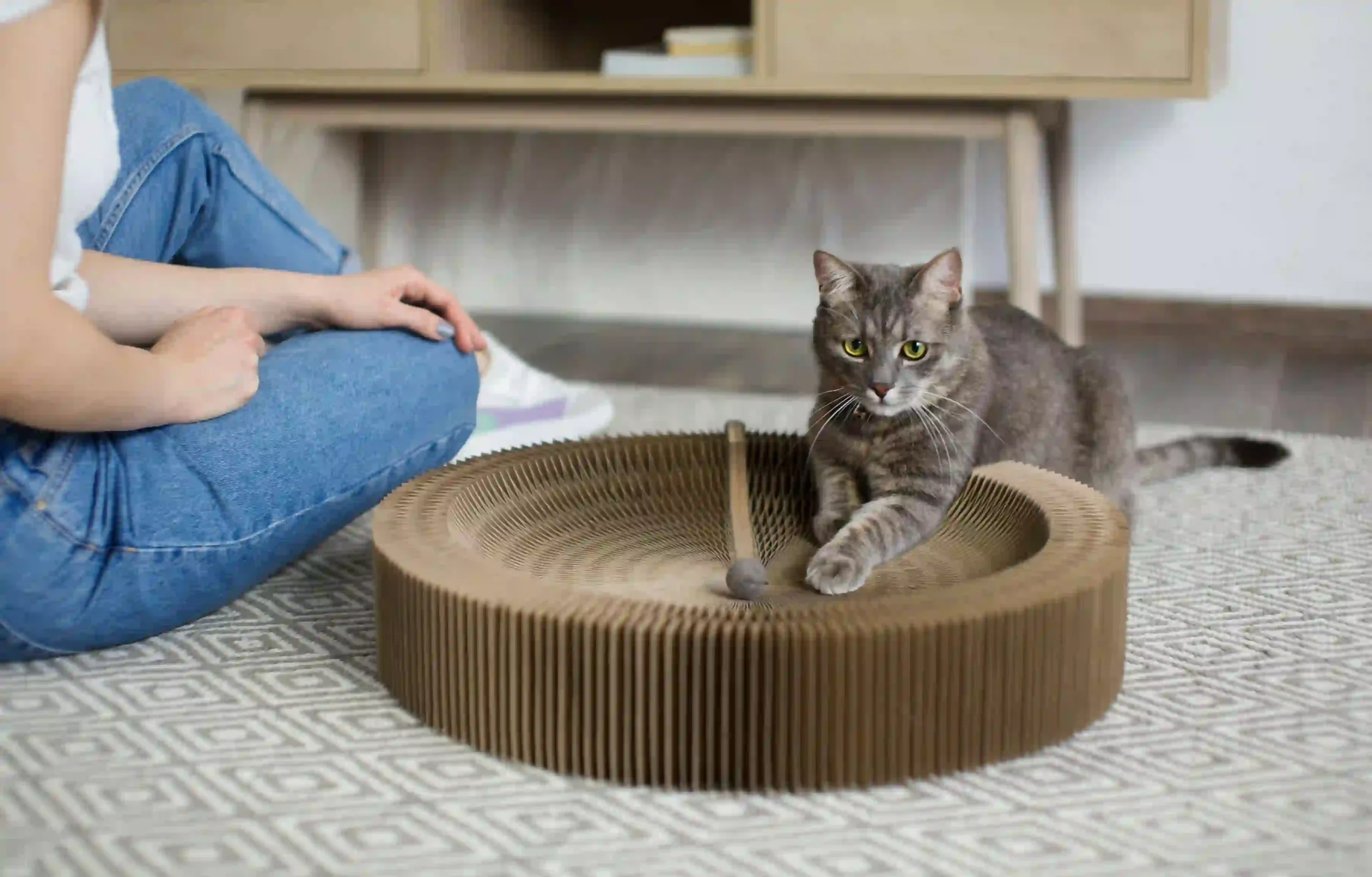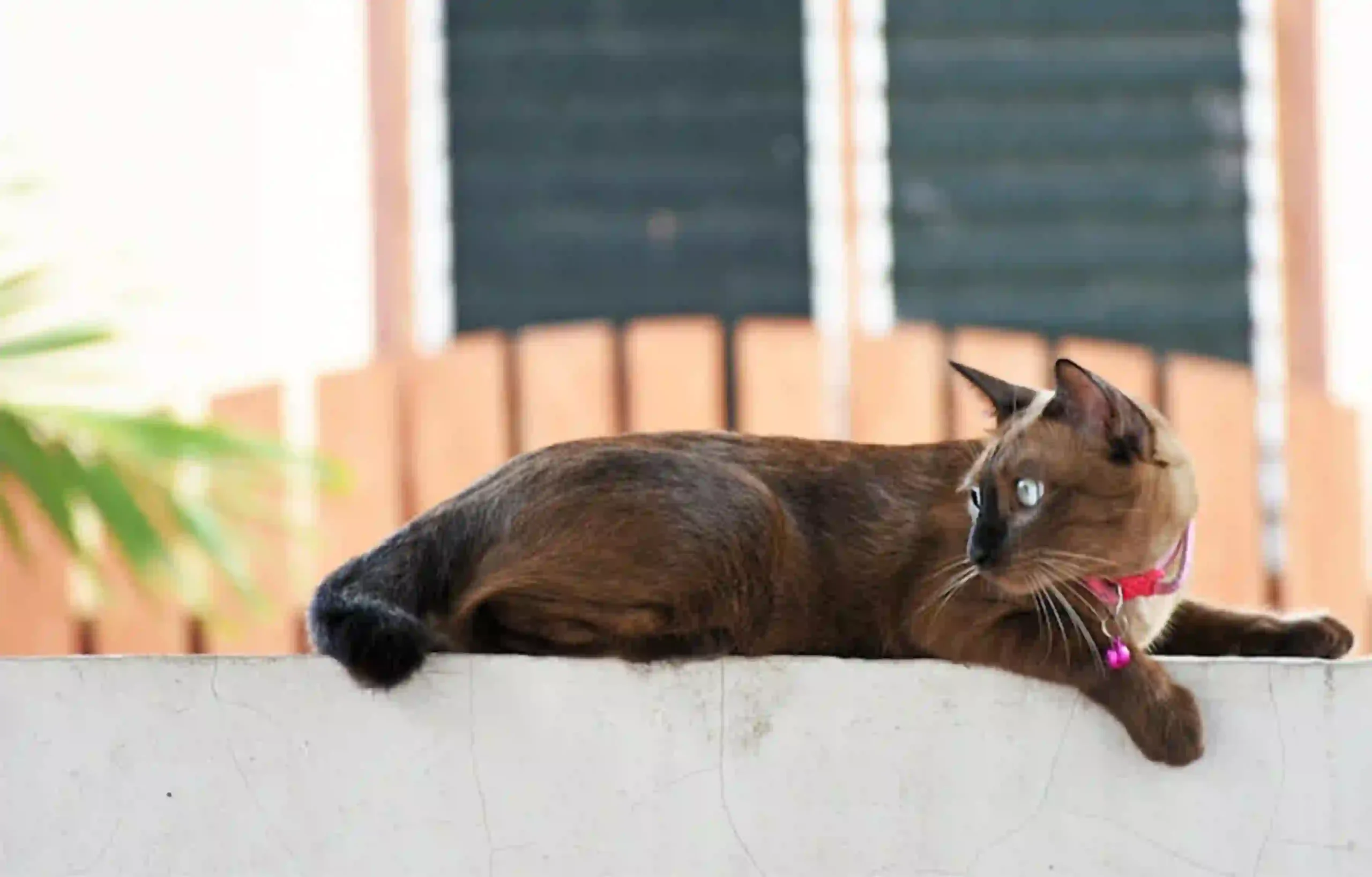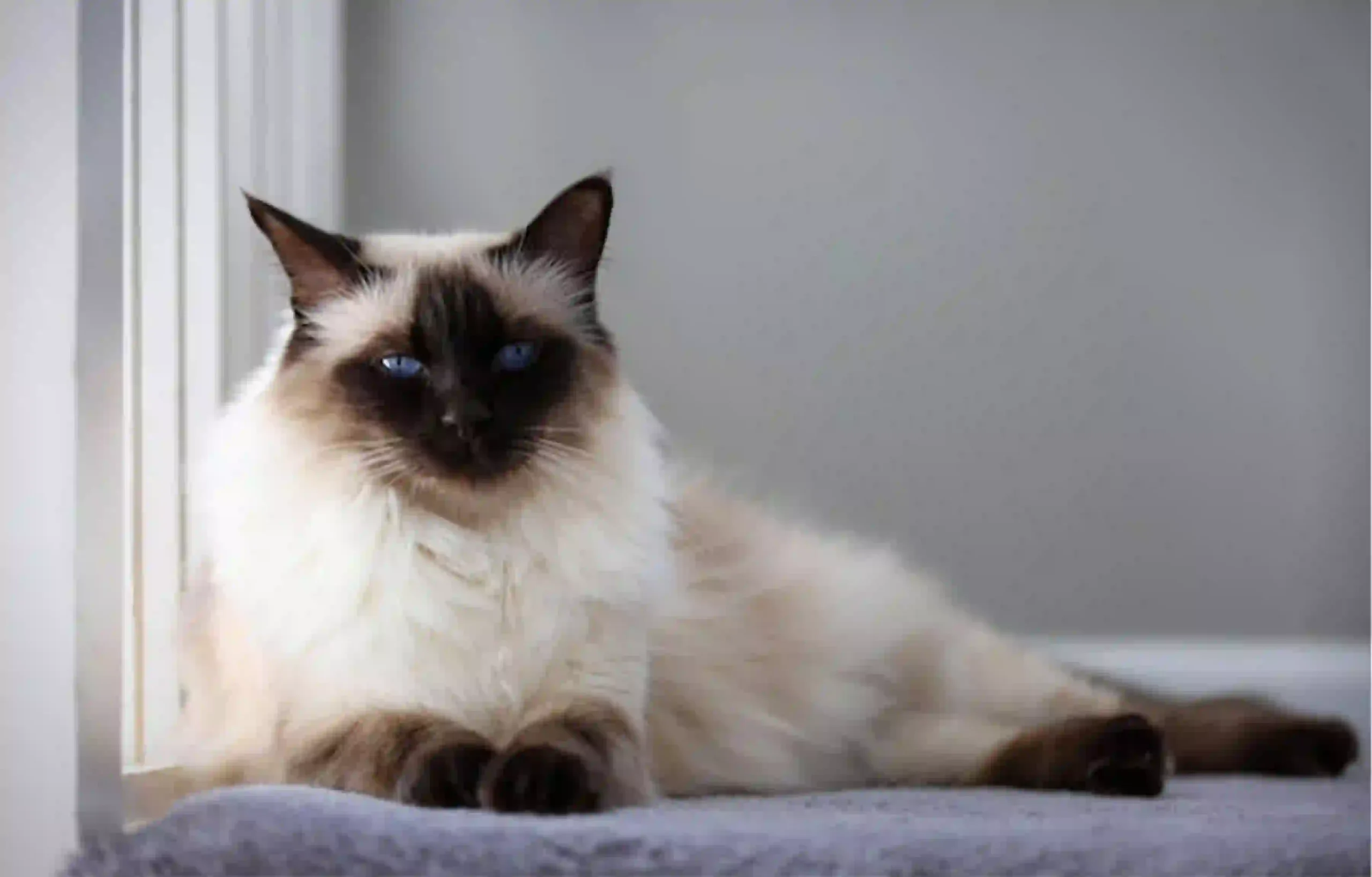Why Is My Cat Making Weird Noises? The Truth About Mechanical Purring

Cats communicate through various sounds, including the mysterious mechanical purr
🤨 Why is my cat making weird noises? If your cat sounds like a tiny engine, producing a deep, mechanical purring or rumbling noise, you are not alone in wondering what’s happening. While some cats simply have louder or more complex purrs, other times this unusual sound can hint at health issues, stress, or excitement. Understanding these noises can help you keep your cat happy and safe.
1. Mechanical Purring Can Be Normal
⚙️ Some cats naturally produce a mechanical-sounding purr. This usually comes from larger vocal cords or unique throat structures. If your cat is relaxed, kneading, or rubbing against you while making this sound, it is likely a sign of contentment. In fact, some owners describe it as a comforting, vibrating “engine” sound.
2. Breed and Anatomy Factors
💪 Certain breeds, like Maine Coons or British Shorthairs, are known for deep, resonant purrs. Larger chests and stronger diaphragm muscles can make their purrs louder and more mechanical. Even within the same breed, individual cats can have unique purr “signatures.”
3. Communication and Attention
😻 Cats often use purring or
licking to communicate with humans. When your cat makes a mechanical purr while you enter the room, they might be saying hello or asking for attention. Over time, you’ll notice patterns that reveal your cat’s preferences and moods.
Did you know? Cats have been observed to use different purr frequencies for different purposes, with some sounds specifically designed to get human attention.
4. Excitement or Stimulation
🪀 Mechanical purring can also happen when a cat is excited. Watching birds outside, exploring a new toy, or anticipating a treat can trigger stronger, rhythmic purrs. Unlike soft purrs, these sounds may come in bursts, almost like a machine starting and stopping.
5. Stress or Anxiety Signals
😿 Sometimes, cats purr mechanically to self-soothe. If the sound occurs alongside hiding, pacing, or excessive grooming, stress could be the cause. Creating calm spaces and sticking to routines can help reduce these noises.
6. Pain or Discomfort
🩺 Mechanical purring can occasionally signal pain. Cats often hide discomfort but may purr to comfort themselves. If your cat’s noise is new, louder than usual, or paired with changes in appetite or movement, it’s wise to consult a vet.

7. Respiratory or Health Concerns
📍 Unusual, engine-like noises can sometimes indicate respiratory issues. Wheezing, coughing, or open-mouth breathing accompanying the mechanical purr should never be ignored. Conditions like asthma, nasal polyps, or infections can alter a cat’s vocal patterns.
8. When to Call the Vet
👩⚕️ If your cat’s mechanical purr appears suddenly, is unusually loud, or comes with other symptoms, schedule a veterinary check. Early intervention can prevent minor issues from becoming serious problems.
Red flags: Contact your vet immediately if unusual noises are accompanied by difficulty breathing, loss of appetite, lethargy, or changes in behavior.
9. How to Support Your Cat at Home
- 🔹Observe your cat’s patterns: notice when the mechanical purr happens.
- 🔹Provide calm spaces: quiet areas reduce stress-induced purring.
- 🔹Maintain routines: feeding and play schedules help cats feel secure.
- 🔹Offer enrichment: puzzle feeders and climbing shelves stimulate mental health.
- 🔹Keep up with vet visits: annual exams catch early signs of illness.

Providing calm spaces can help reduce stress-related vocalizations
Emotional Side of Mechanical Purring
Mechanical purring can be fascinating and even comforting for owners. It often becomes a signature of your cat’s personality. Some people record these sounds, enjoying the rhythmic “engine” as part of their daily life. Understanding these noises can strengthen your bond and help you respond appropriately when your cat communicates.
Final Thoughts
🐈 Next time you ask yourself, why is my cat making weird noises, pay close attention to context, behavior, and frequency. Mechanical purring can mean happiness, excitement, or self-soothing, but it can also hint at health issues. By observing carefully and acting when necessary, you ensure your cat stays healthy, safe, and loved.



2 Responses